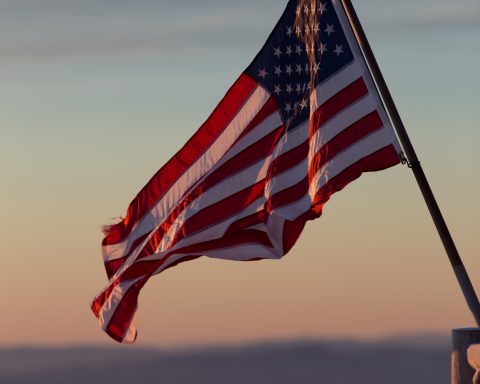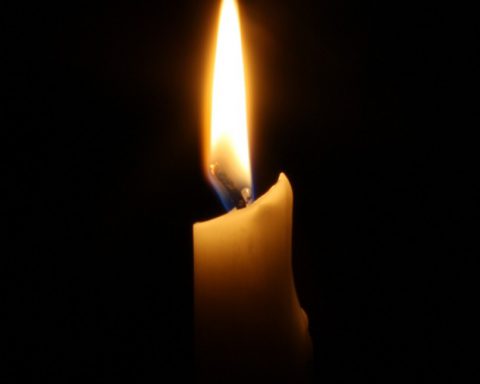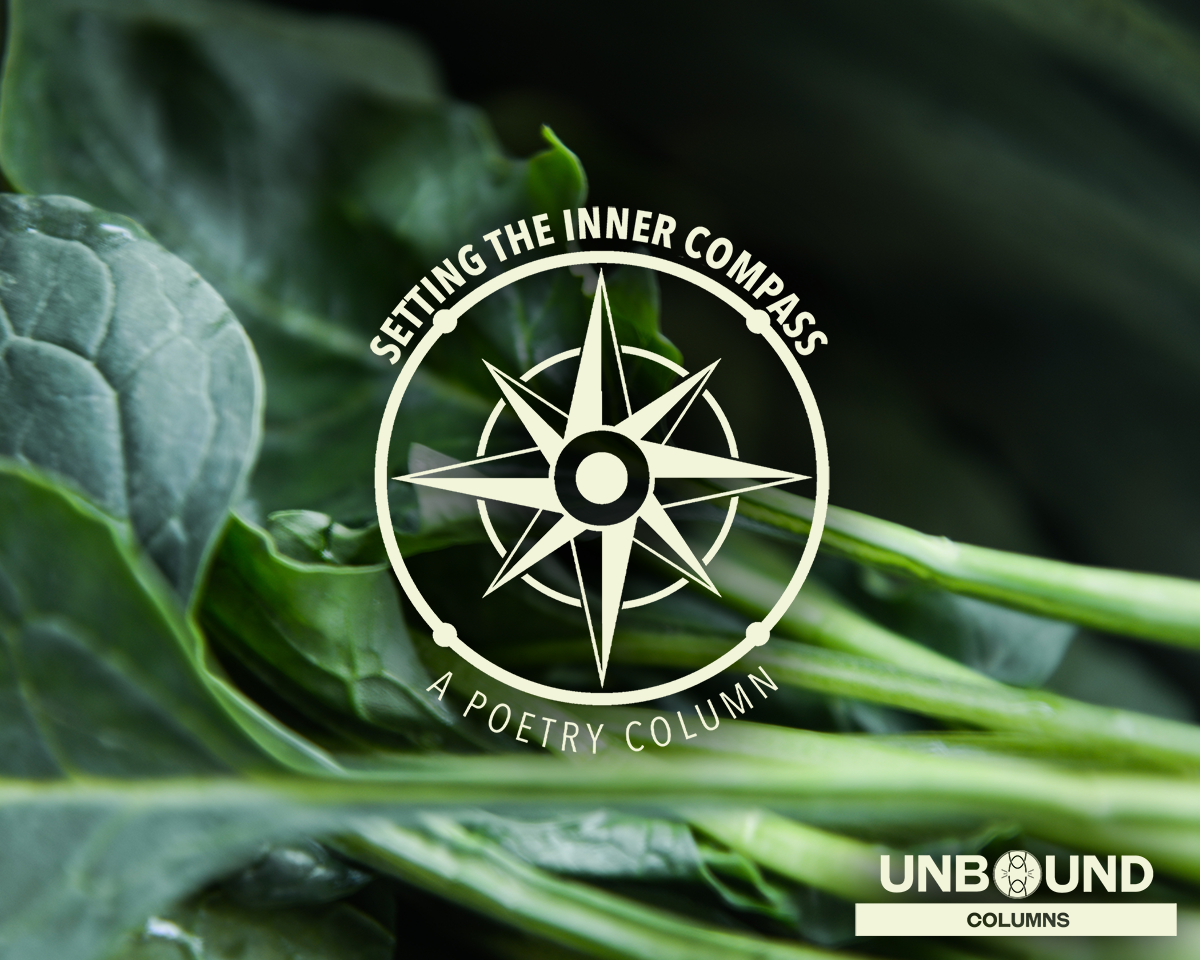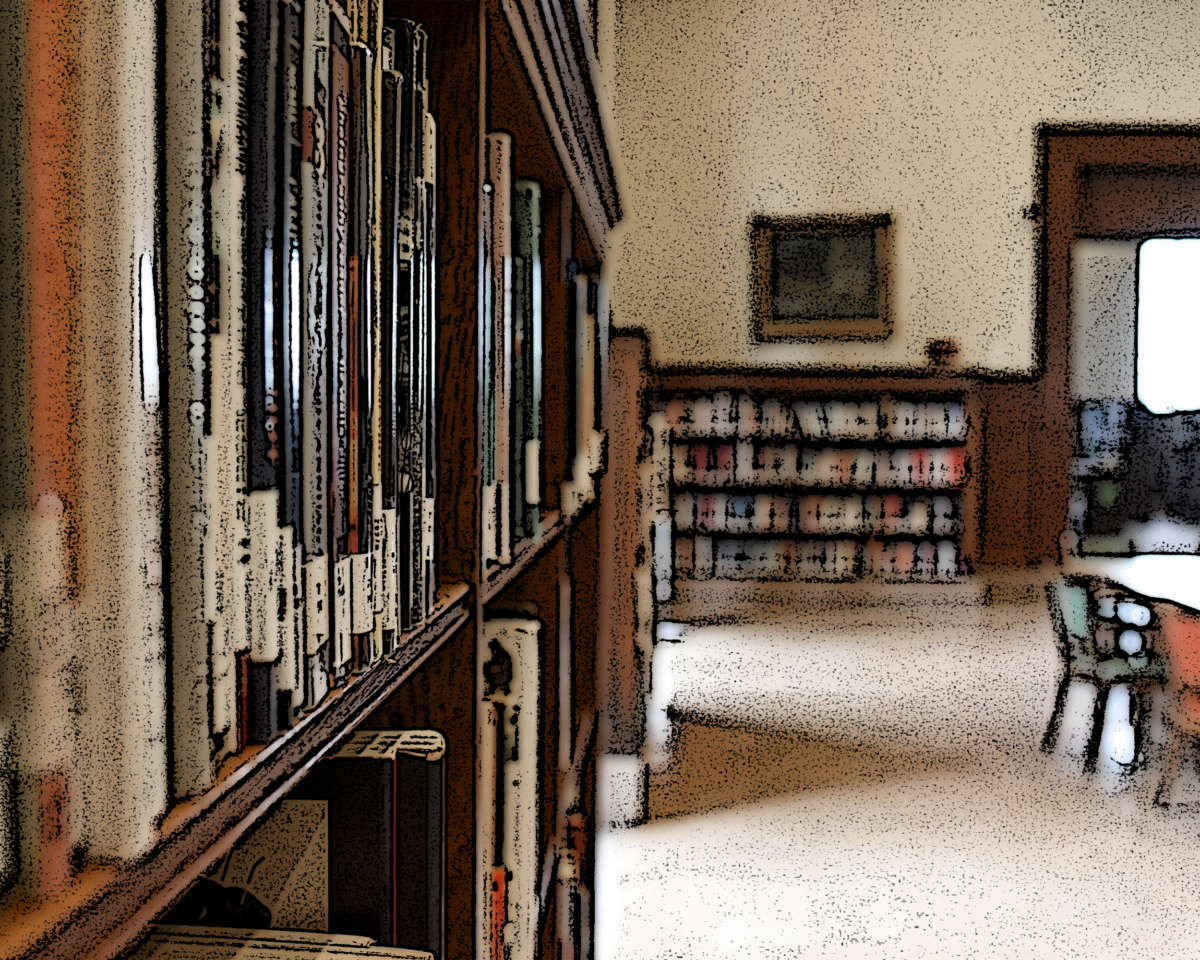As I continue this journey toward ordination, I was asked by the Presbytery of Middle Tennessee to preach during the meeting where my ordination was approved. This sermon was based on Psalm 139 and Mark 5:1-20.
Where are the demons? What are the demons? What are the unclean spirits? Questions Christians have been asking for thousands of years. Demons have been equated with mental illness. Demons and unclean spirits have been equated with “being different,” being differently abled, being “crazy.” In scripture, it is the demons and unclean spirits that disciples were called to cast out. It was the demons and unclean spirits that impelled bodies like the man at the synagogue or the man here in our story from Mark – a man that is commonly known as the Gerasene Demoniac. Here we have a person, that we are told, who has an unclean spirit of some kind, causing his body to be indestructible. This spirit is manipulating his body to the point that he is so strong that people in his community, in every way they know how, cannot control him. They cannot restrain him. They tried to put shackles and chains on him, but he tore them apart. Mark says the chains he wrenched and the shackles he broke into pieces. And no one had the strength to hold him back and restrain him.
There are so many times when communities default to restraint, to chains, to shackles. When we see someone who is struggling, someone who is different, Black, Brown, someone who is so strong that it scares us, someone who we deem “crazy” or “insane,” our minds automatically go into survival mode. We succumb to the response of punishment and penitence and yes, death. We see in scripture a person who is possessed by a crowd and an army of unclean spirits so much so that his community turns their back on him and causes him to go into a place of the dead – a place of mourning and grieving and corpses of people long gone.
Was he dead inside? Did he want to be among people that couldn’t hurt him, that couldn’t see him, that couldn’t see past the things they couldn’t understand? Did he want to be among people who would not bother him? A place where he could scream and shout and howl as the scripture says. Mark says that this man, night and day, would be among the tombs and on the mountains he would howl and bruise himself with stones. And the translators get this one wrong. The Greek word that is translated “to bruise” really means “to cut.” Our translators do us a disservice because the pain in which this man was experiencing was far more than just bruising. He was cutting himself. He was cutting himself. The pain of all that this man was going through was because of both the unclean spirits within himself and the response from his community.
But what exactly is the unclean spirit doing? As we notice throughout scripture, unclean spirits create barriers for people to be whole. They create divisions within communities, and they deem someone “unhuman” with “unhuman” characteristics like superhuman strength. Unclean spirits are the vehicles of evil that tell us that we are not enough, that tell others they are not enough, that make communities turn to violence and death and chains in order to restrain which produces more demonic forces that enter into souls instilling the narrative that they are not enough. It is the unclean spirits of racism and white supremacy that fester within the souls of the chain master restraining our siblings of color. It is the unclean spirits of ignorance and fear that haunt the minds of people all over this pandemic plagued globe that continue to isolate and cause death and howling, and grieving, and pain.
Unclean spirits swirl in ways that are not so plain to see. History has made us equate these demonic forces with disability, race, sexuality, mental illness, and I could list those all day long. But siblings, that is just not the case. This man in the tombs is suffering from the unclean spirit and evil of dehumanization, of mischaracterization, of misunderstanding, a victim of a community that did not see him…that did not experience this man fully…that did not know him.
And in comes Jesus, from the other side of the lake, a Jewish man entering into Gentile territory of the Decapolis. And immediately, you see in the gospel of Mark everything is immediate, it’s a very fast paced narrative. Immediately, the man in the tombs sees Jesus, runs to him and let’s imagine all of this together. He runs to Jesus and bows down before him and desperately says, “What have you to do with me Jesus, please do not torment me.” The first thing this man says to Jesus, “do not torment me.” Siblings, this man has been hurt so much that the sight of another human being brings forth a response of protection, of resistance. And in a moment of Jesus-like ability, Jesus says “Come out of the man, you unclean spirit.” Jesus knows that something is up. Jesus sees within this man hurt, pain, denial, isolation. Jesus sees/feels it automatically and knows that the evil plagued upon this man must be called out. And it then, must be named. “What is your name?”, Jesus said. And the spirit replied, “My name is Legion for we are many.” “My name is Legion for we are many.” Legion, a military formation of the Roman empire. Legion, an army of evil upon this man. This unclean spirit had a name. This unclean spirit was called out and named.
Siblings we are in a world right now that resembles the death tombs. We are in a moment of history when the demons of racism, pandemic, and white supremacy are howling out, screaming, making noise, causing violence, and mostly, killing our siblings especially our siblings of color. And what is our response? What have we seen from leaders? From our society, from our world? Fear, chains, restraint, and death. All forces of an evil presence manifested in police brutality, the fear of understanding science and reality, lack of accountability, and all and all the intentional choices of falling into the background, keeping silent, and waiting for it to just all pass away. But that is not the good news. That is not the gospel.
The gospel, without an option out, tells us that we, like Christ, are to see people, to call out the forces of evil and the forces that deny someone their humanity, to name it. And then to change it, dismantle it, transform the systems. And, honestly, people in power will not like it. After Jesus gives these spirits the chance to go into swine, which I have never understood why they wanted to go into pigs. I grew up raising pigs and they are the nastiest animals in the world. But nonetheless, they wanted to go into swine and Jesus allows them to do so. They hop in and the pigs run into the sea and drown. A whole communities’ livelihood gone. A whole communities economic dependence gone. And we all know that when money is involved people get a little upset. It’s another demon that plagues us.
The swine herders go into the community and tell them what had happened, and they were afraid. After they came and saw this man putting on his clothes, putting himself together, being clothed in his wholeness, these people were afraid, and they tell Jesus to leave! “Get out of here. This is not how we do things. You ruined our lives because our money is gone…this is not how we punish people…this is not how we fix what is broken…this is not how we do it.” They were fearful of a force of good that sees humanity’s right to be made whole. They were fearful of a man who did not use chains and shackles and all the other things our society uses against the humanity of others. Jesus was different.
Jesus saw a world where police do not choke Black men to death, where science is taken seriously for the safety of other, where Breonna Taylor’s killers were brought to justice, where people are loved and seen for who they are and not what society makes of them, where humanity is not isolated in the tombs of death but brought out of the tombs to eternal life and to live life abundantly, where there is a kindom of God that calls out and names injustice and evil and casts it out no matter what others may think and do in response. No matter if they tell us to leave.
The Rev. Dr. Brian Blount who is the President of Union Theological Seminary in Richmond Virginia spoke in a sermon about this very passage saying, “What kind of community of faith will we have if anybody can get into it, and everybody who gets into it can get God’s grace for free? It would be a world absolutely out of our control. It would be a world without rules, without standards, without the boundary lines that mark some people as outside and some people as inside…it would be like heaven.” Heaven…a place where we are seen, where our lives are valued, where no unclean spirit can keep us from societies’ goals of telling us that we are not made in the image of God – a place where we are brought out of the tombs.
Siblings, we are called to see each other. We are called to call out and dismantle the systems in our world that oppress. That is our job. That is our work. And just like the man who was made whole by Christ, who may have wanted to go back with Jesus and begged him to leave his community that wronged him, we are told to go back. We are told to do that hard work of going into communities that wrong and proclaim a message of healing, justice, wholeness, and hope. Heaven here on earth. It will be hard work, but Jesus never meant for it to be easy. For the Psalmist reminds us that in this work, no matter where we go from the Spirit, no matter where we try to flee, no matter if it’s in the highest of highs or the lowest of lows, no matter how far we fly, that even then God’s hand shall lead us. God’s right hand shall hold us fast even when the tombs are lonely, even when chain ridden societies overshadow us, that does not keep God from being by our side.
One of my favorite sci-fi authors, N.K. Jemisin, writes in one of her books: “Well, some worlds are built on a fault line of pain, held up by nightmares. Don’t lament when those worlds fall. Rage that they were built doomed in the first place.” Siblings we are called to be the namers, the chainbreakers, the people of God who have no time for evil and the unclean spirits of our worlds built on fault lines of pain and held up by nightmares. Instead of lamenting those worlds, we are to lament are siblings who lose their lives every day from the evils that we so often do not name. And with holy rage, rage that echoes through tombs of the dead, may we call out, name, and change our world where are siblings are suffering.
And we ask this in the name of the God in whose image we all bear, and in the name of the Christ who ultimately died a death deemed criminal, and in the name of the Spirit that surrounds us and pushes us forward to do the will of our God. Amen.
Lee Catoe is the Managing Editor of Unbound and the Associate for Young Adult Social Witness for the Advisory Committee on Social Witness Policy. Lee will be ordained to this validated ministry.






Unbound Social